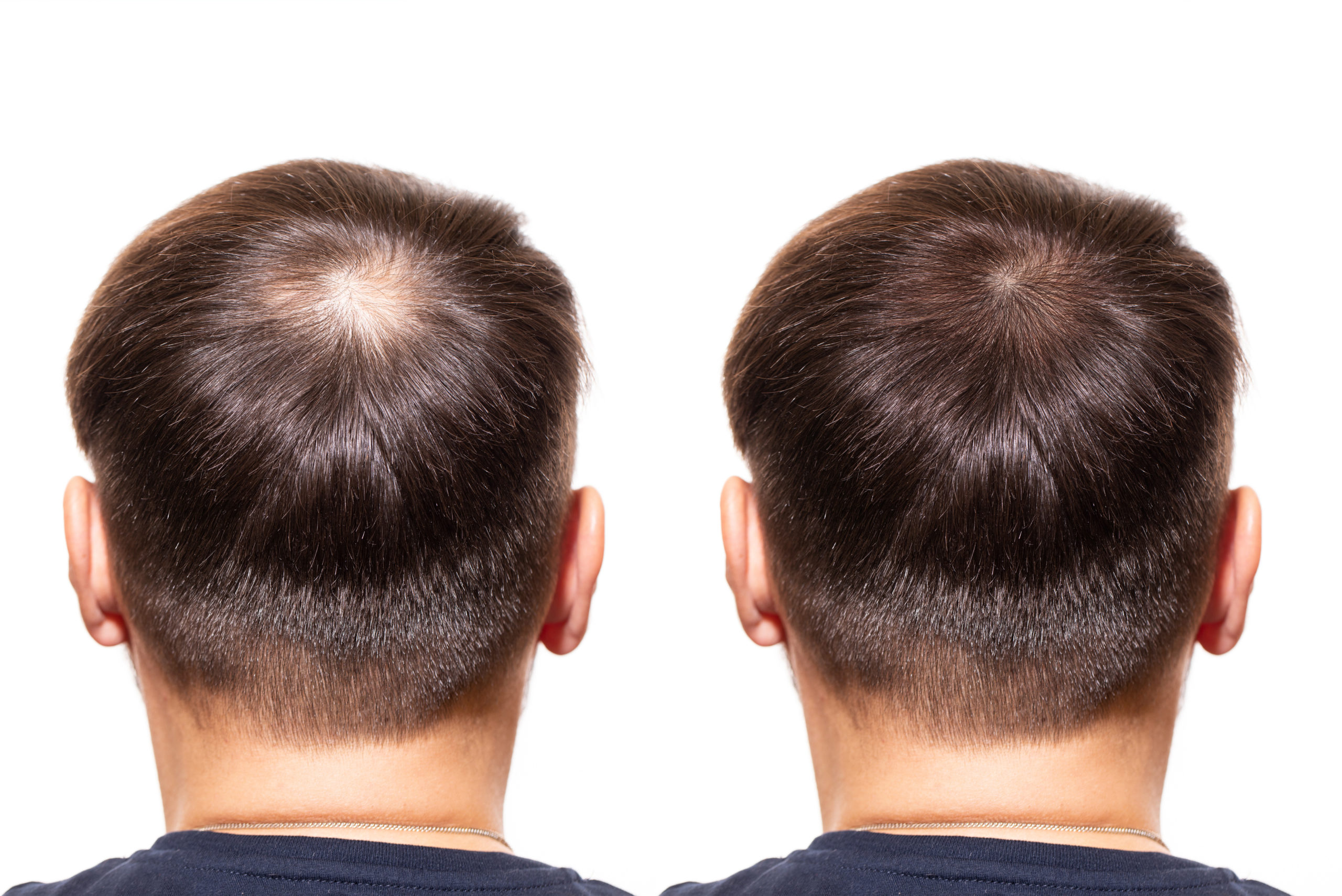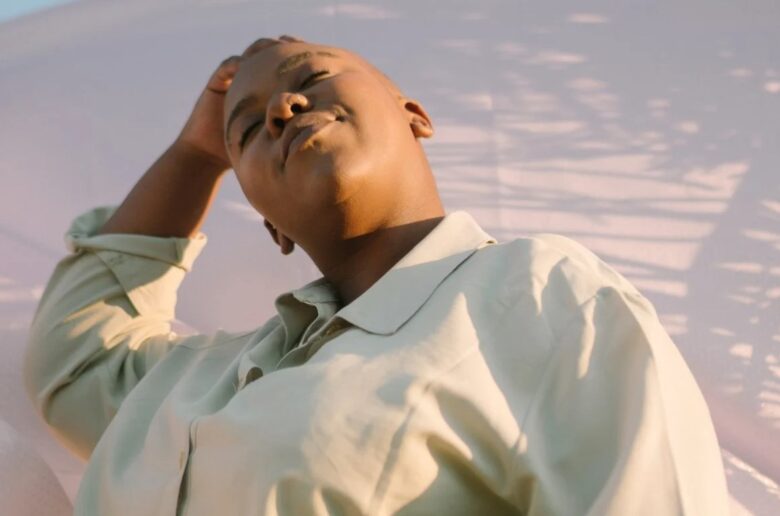Mayo Clinic Q and A: Cold cap therapy can reduce hair loss caused by chemotherapy
Table Of Content

Make sure you hold your fingers to keep it in place and you have got head covering. Chemotherapy drugs that cause hair loss can cause other hair to fall out too. This includes eyelashes, eyebrows, underarm, leg and sometimes pubic hair. Some normal cells in the area being treated can also be damaged by radiotherapy.
New kit to help prevent hair loss – boost for chemo patients - Shropshire Live
New kit to help prevent hair loss – boost for chemo patients.
Posted: Fri, 26 Apr 2024 06:05:00 GMT [source]
Choosing a Wig
Sometimes, depending on the dose of radiation to your head, your hair may grow back differently from how it looked before, or it may not grow back at all. So, you might find scarves to be both a more comfortable and practical option. The most important thing is to figure out what works best for you.
How does a person care for thinning hair?
Here are some frequently asked questions about chemotherapy and hair loss. It is important to note that hair regrowth may be different for each person. Wash your hair as little as possible, and use gentle products. Wear a hat or scarf to protect it from heat and cold, and apply a sunscreen with a sun protection factor (SPF) of at least 30 every day. And if your scalp itches or feels sensitive, go easy with your brush or comb.
Treatments for Alopecia and Hair Loss
When your hair starts to grow back, it will probably be slightly different from the hair you lost. It could fall out very quickly in clumps or gradually. You'll likely notice hair on your pillow, in your hairbrush or comb, or in your sink or shower drain. Finally, keep in mind that the same healthy habits recommended for maintaining your physical health will also help your hair. Try to find ways to manage stress, and strive for a well-balanced diet that includes plenty of fruits and vegetables. Minimize the use of high-heat styling tools, hair extensions and harsh treatments like perms.
We treat every type of cancer, including the most important one: yours.
When Zarah's hair changed after chemotherapy, she felt like she was losing her identity - ABC News
When Zarah's hair changed after chemotherapy, she felt like she was losing her identity.
Posted: Wed, 03 Jan 2024 08:00:00 GMT [source]
“I had six months of chemo and a full mastectomy and reconstruction. As a man it doesn't really bother me and my wife quite likes my bald head. Whatever you choose to wear remember you can experiment with different colours and patterns depending on your outfit and what you will be doing that particular day.
The MIRASOL trial was required by FDA to confirm that the drug could indeed provide clinical benefits, including improving survival. AARP is a nonprofit, nonpartisan organization that empowers people to choose how they live as they age. Generally speaking, the sooner you start treatment, the more options you have and the better your results, dermatologists say. Sister Wendy Davies, manager of the Chemotherapy Day Centre, said the additional machine would greatly benefit patients.
How long does it take to lose your hair during chemotherapy?
Avoid hairstyles like tight buns and braids that pull on your scalp, potentially causing traction alopecia. Alopecia areata is an autoimmune disease that causes hair to fall out in nickel- or quarter-size patches. “Your body’s immune system is attacking the hairs,” Brodell says. “As soon as you notice hair loss is happening, you should come in,” says Lauren Eckert Ploch, a dermatologist in Aiken, South Carolina.
Some people worry their cancer might spread to the scalp (metastasise) if they’ve used a cold cap during chemotherapy. Researchers did a systematic review of studies in 2018. The review showed a very small risk of cancer spreading to the scalp after using a cold cap.
Can hair loss related to cancer treatment be prevented?
Permanent patchy hair loss has also rarely been reported. Minoxidil (Rogaine) is a medicine used for hair loss. Applying minoxidil to your scalp before and during chemotherapy isn't likely to prevent hair loss. However, some research shows that it may speed up your hair regrowth.

Some people going through this feel depressed, anxious, frustrated, angry, or a combination of emotions. This may be something you want to discuss in a support group or with a counselor who works with people dealing with cancer. Give yourself room to feel and work through whatever comes up. Chemotherapy drugs attack all cells that grow rapidly in your body, whether they’re cancer cells or not. It’s one thing to know your hair is going to fall out.
Your scalp may feel very sensitive to washing, combing, or brushing. But hair often starts to grow back even before treatment ends. The cold makes the blood vessels in the skin of your head narrower.
Cancer cells tend to divide very quickly—at a much higher rate than most of the cells in the body. They ignore the signals and mechanisms that tell normal cells to stop dividing. Customized ready-made wigs can be made of human hair, synthetic blends, or a mixture of both.
You and someone else taking the same drug for the same cancer can still lose different amounts of hair. It is a common misconception that all cancer treatments cause hair loss. Whether or not your hair is affected by cancer treatment depends on the type of treatment and the dose. Before you begin treatment, ask your doctor if the recommended treatment plan can cause changes to your hair. The American Cancer Society (ACS) notes that it can be hard for doctors to predict who will and who will not have hair loss due to chemotherapy.
I would say to stay away from any products that chemically curl or straighten hair. But if you’re determined to do something, at least run it by your care team first, to make sure it won’t interfere with your treatment. It’s hard to say what products will help with hair regrowth. Good general nourishment and the avoidance of extra chemicals — such as minoxodil — may help the healing process.
If you’re starting to lose your hair, it’s important to see your dermatologist (skin doctor). They can help you figure out the reason for your hair loss and answer any questions you may have about your hair. Your dermatologist will ask about your history of hair loss and look at the areas where you’re losing your hair. Hair loss continues through treatment and even up to a few weeks after treatment ends. Hair regrowth usually starts about six to eight weeks after treatment is completed. The new hair may have a different texture or color.
It’s normal to feel anxious, depressed, or self-conscious about losing your hair. And women often have a harder time with it than men. A support group can connect you with others going through the same thing. As you lose your hair, your scalp may get tender or itchy. A moisturizing shampoo and conditioner can help, as will a gentle lotion you massage into your scalp.
Comments
Post a Comment